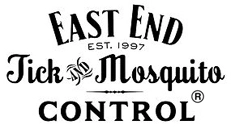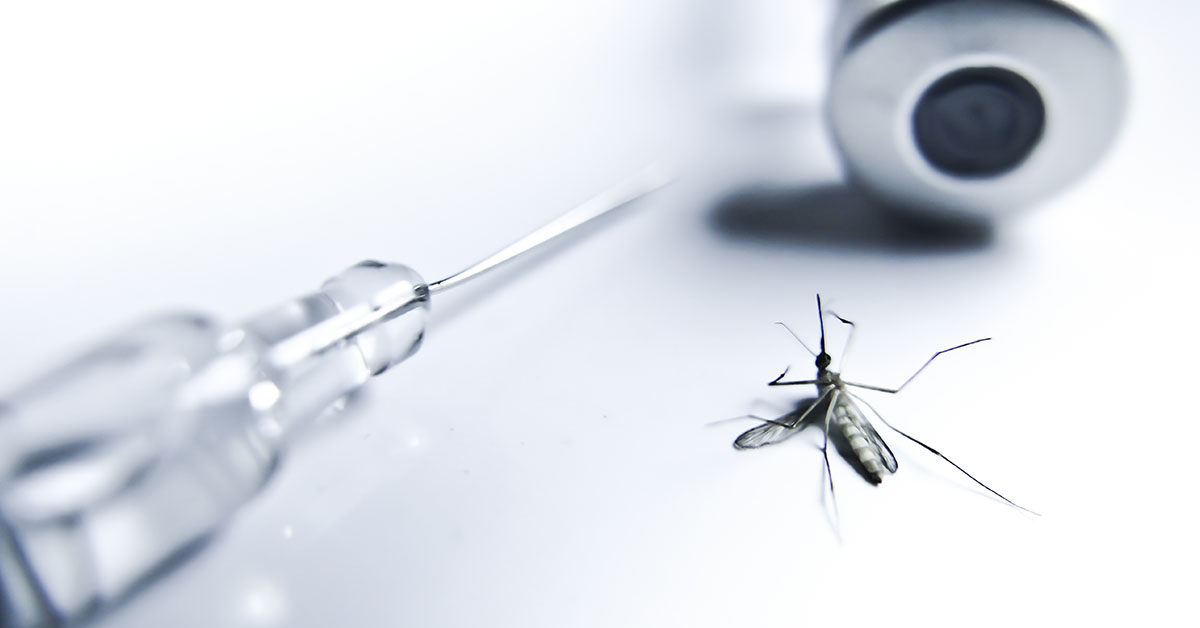Because it’s primarily a problem in tropical areas, Americans don’t usually think about malaria unless they’re traveling to places where malaria is prevalent. But malaria is a dangerous disease spread by mosquitos. Worldwide 241 million cases of malaria and 627,000 deaths occurred in 2020, according to the World Health Organization (WHO).
While malaria is a problem worldwide, deaths from malaria disproportionately occur in Africa, according to WHO. Worse, children younger than five years old make up 80% of the deaths in Africa. That’s why the news that a malaria vaccine has finally been developed was a momentous medical achievement.
Is There a Vaccine for Malaria?
Yes, after a century of work to create one, a vaccine to protect against malaria has been completed. The vaccine has been used in a pilot program in Ghana, Kenya, and Malawi that distributed 2.3 million doses. Now it’s being rolled out by WHO across sub-Saharan Africa and other regions around the world that have significant to high malaria transmission rates.
What Type of Vaccine Is the New Malaria Vaccine?
Mosquirix, the vaccine for malaria, is a subunit vaccine. Malaria is caused by a parasite and transmitted by mosquitos. Creating a vaccine against a parasite is very difficult, and in the case of malaria, the parasite has evolved to elude the human immune system. That’s why people can catch malaria over and over again while accumulating very little or no immunity.
A subunit vaccine has a synthetic protein that is a small portion of the malaria parasite. That protein is paired with an adjuvant, designed to trigger a strong immune response in people. The malaria
vaccine stimulates the immune system to create antibodies that neutralize the parasite, making it unable to enter liver cells, malaria’s first target. If a different part of the immune system is triggered by malaria, it creates an inflammatory response to fight it.
The vaccine only works against one specific parasite that causes malaria and can only prevent 1 in 4 cases. It can also prevent 1 in 3 severe cases. Despite those numbers, WHO estimates that when combined with other anti-malaria strategies, by 2030, it will:
- Eliminate malaria in a minimum of 35 countries
- Will decrease cases of malaria by about 90%
- Could lower the mortality rate from malaria by at least 90%
Because of how difficult it is to build an immunity to malaria, the vaccine has a four-dose sequence. In young children, the first dose can be administered to those as young as five months old, with the subsequent two doses administered at one-month intervals. Then the final dose is given 15-18 months after the third dose.
Why Is There No Malaria in the U.S.?
In the early 1950s in the U.S., a combination of tactics, including the installation of drainage ditches, insecticides, and the widespread usage of window screens, eliminated malaria transmission. However, U.S. hospitals still treat malaria, and cases have grown in the past decade due to travel to locations where malaria is a common threat. According to the CDC, about 1,700 U.S. residents are hospitalized due to malaria each year.
How Long Does the Malaria Vaccine Last?
That is still being determined. It is known that protective immunity does decrease over time, so booster vaccinations are necessary. Research is being done into alternative vaccination schedules to improve the effective immunization period. Regardless, the malaria vaccine is expected to cause substantial decreases in the number of malaria cases and deaths.
East End Tick & Mosquito Control® Eliminates Mosquitoes
East End Tick & Mosquito Control® is East Suffolk County’s most-experienced pest control company. We have provided the Twin Forks and East End with highly effective pest extermination since 1997. Protect your family from disease-carrying mosquitoes and ticks year-round by requesting a free estimate now or call our Southampton office at (631) 287-9700, our East Hampton office at (631) 324-9700, or our Southold office at (631) 765-9700.


